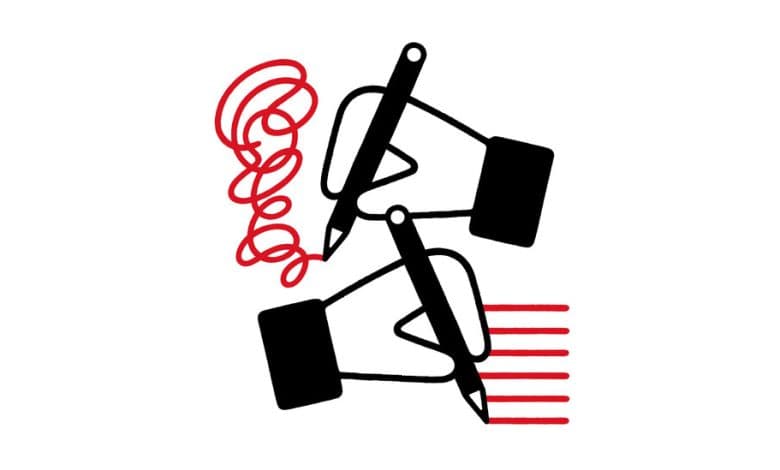Can I Ask My Mother-in-Law Who My Wife’s Biological Father Is?

Ever since my wife was a girl, she was close to her stepfather, a lovely man who has now passed away. She always said he was her one and only father, and she had no interest in knowing who her biological father was. Recently, though, she hinted to me that she would like to know her biological father’s identity. But time is running out: We are in our 60s and her mother is approaching 90. Her mother is a forceful woman, and she has always been frank that it was her intention to become a single mother. She never mentioned the biological father’s name — not least because it was a badge of honor for my wife to proclaim that she had “only one dad.” I intend to ask my mother-in-law who the man was, but I worry about upsetting the family narrative. Thoughts?
HUSBAND
I urge you to take a big step back and to consider the difference between supporting your wife and taking the reins on an issue that doesn’t remotely concern you. I am sure you mean well, and I have no idea how your wife “hinted” that she wanted to know who her biological father was. But a hint is not reason enough to make yourself a catalyst here.
A better move would be to invite your wife to explore her feelings. Start by acknowledging her longstanding credo that she had a good father, and then ask if knowing the identity of her biological father would help or hinder her: Could it be useful information? Or does she worry that it would be disloyal to the memory of her stepfather — or upsetting to her mother — to ask about him?
Your role is to help your wife make the best decision for herself — not to make it for her. Questions of biological parentage can be loaded for people who don’t know who theirs are, so your wife may also benefit from speaking to a therapist about this. I understand your concern that time is running out, but that’s no excuse for rash — or possibly undermining — behavior.
Passing Around the Digital Tin Cup
A distant relative sent a group text announcing a GoFundMe campaign to help her daughter take art classes. The campaign describes her daughter, a recent college graduate, as a “starving artist.” I don’t know whether the daughter is employed or what the family’s financial circumstances are. My initial impulse was to ignore the request. It seemed trivial, and I wouldn’t want to encourage young people to beg — instead of work — for what they want. Then, it seemed possibly rude not to make a small donation. Advice?
